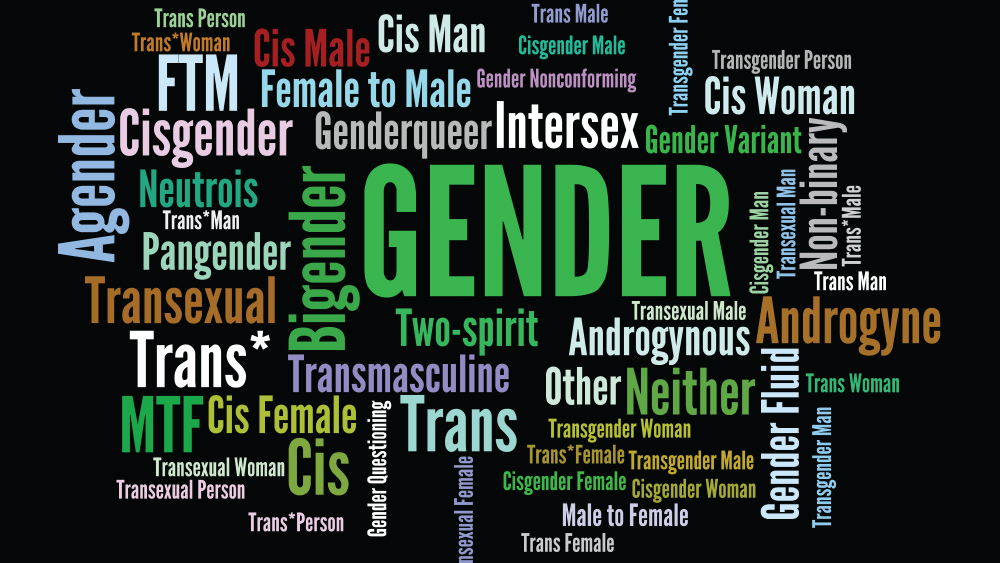Gnosticism is the ancient heretical ideology behind today's transgenderism and abortion movements
The Gnostic belief that the soul is divorced from the body may explain progressive support for both transgenderism and abortion. It’s not a coincidence that those who believe that gender identity is divorced from biological reality are also likely to believe that a human fetus is not a human being. Both are at odds with basic biology and the Judeo-Christian roots of our civilization but congruent with the dogmas of the ancient mystical faith of Gnosticism.
(Article by Ethan Peck republished from
HumanEvents.com)
Gnosticism is an esoteric
religious movement with Platonic and Pagan influences that grew out of early Christian and Jewish sects beginning in the 1
st century AD. Though regarded as heresy by the majority of Christians and Jews, Gnostic beliefs have influenced various religious sects, ideologies and philosophers over the last 2,000 years. More recently, and relevantly, Gnosticism served as the
foundation for the ideas of Hegel, Marx, Marcuse and other neo-Marxists; and by extension, has substantially influenced the current-day mainstream left.
The
central thesis of Gnosticism is that each individual is in possession of personal spiritual knowledge called “gnosis” (in other words, “my truth”), and that the object of one’s life is to pursue this personal truth in order to liberate one’s soul from the oppressive material world, which is viewed not as God’s good and true creation but rather an evil mistake. This is why the segregation of body and soul is an essential component of Gnosticism, because one of the chief ends of the belief system is to
free the soul from the prison of the body.
Conversely, the traditional,
Judeo-
Christian view of human nature
posits that body and soul are conjoined – that a human being is an inseparable unity of matter and spirit. Or, for the less religiously inclined, that your mind or your consciousness has only ever and can only ever exist together with your physical body and not as its own entity or in a different body because a different body would produce a different mind.
According to the Gnostics, however, the body is merely a meat robot and an individual is identified purely by their soul, which resides “inside” this otherwise meaningless bag of meat and bones.
In that sense, then, the
Gnostic influence on transgender ideology is crystal clear: If an individual is identified only by his or her soul, and the soul is its own free-floating entity divorced from – though trapped within – the body, then it’s not a leap at all to say that one might be born “in” the wrong body.
Read more at:
HumanEvents.com
 Parler
Parler Gab
Gab










